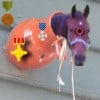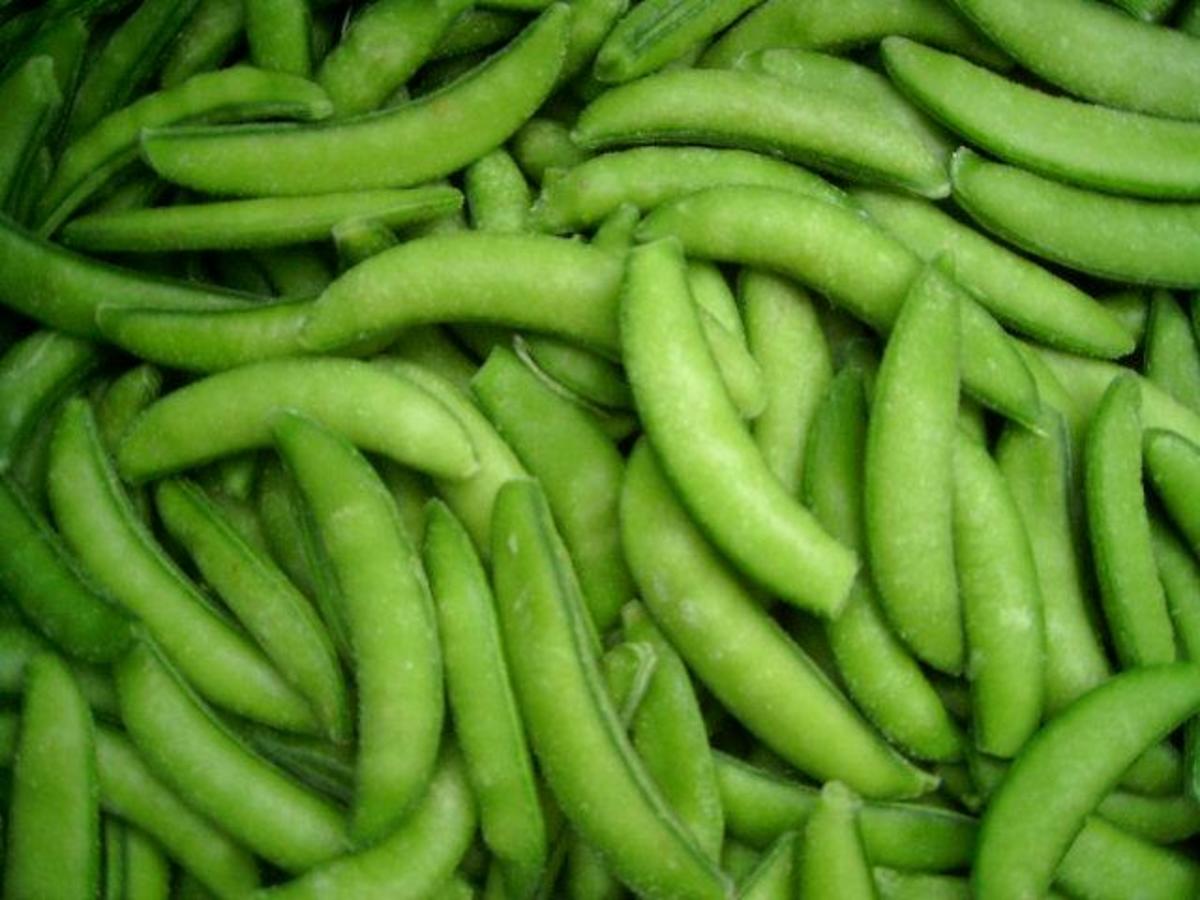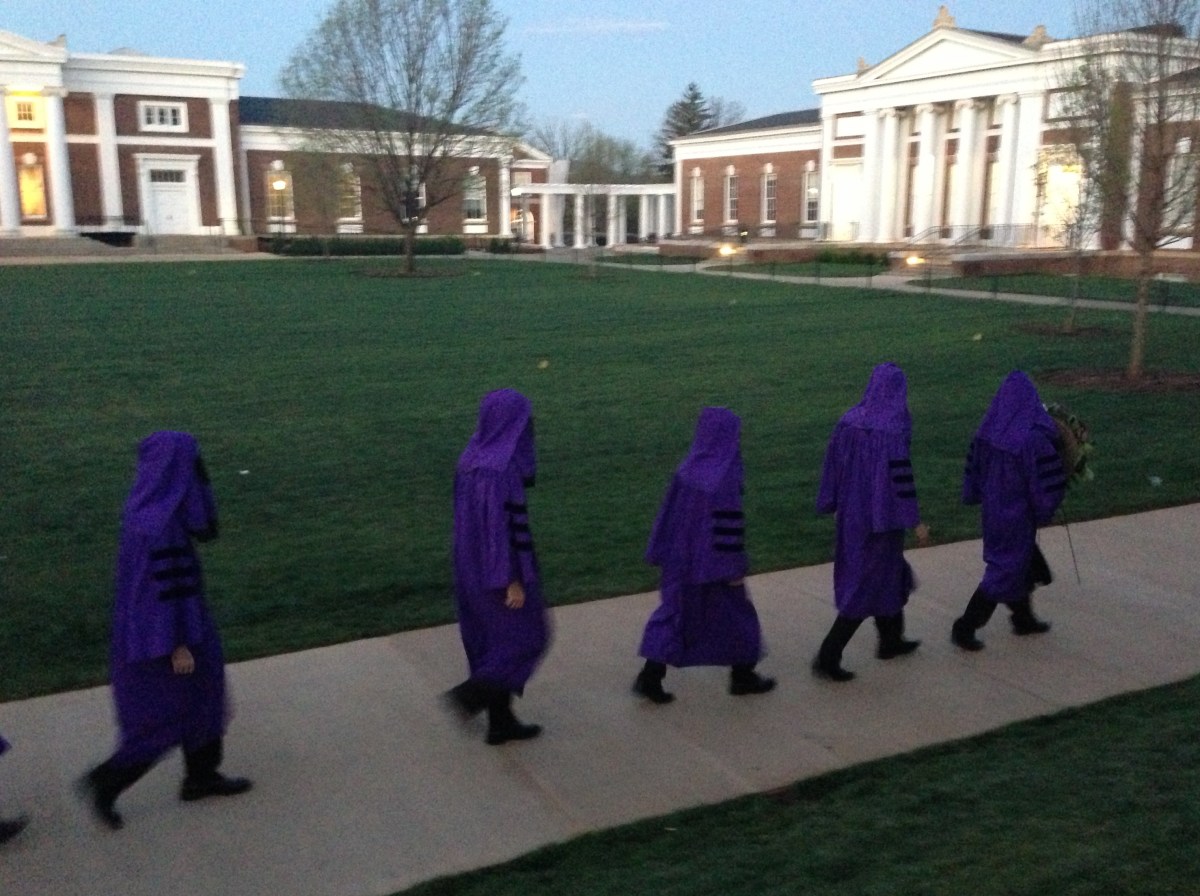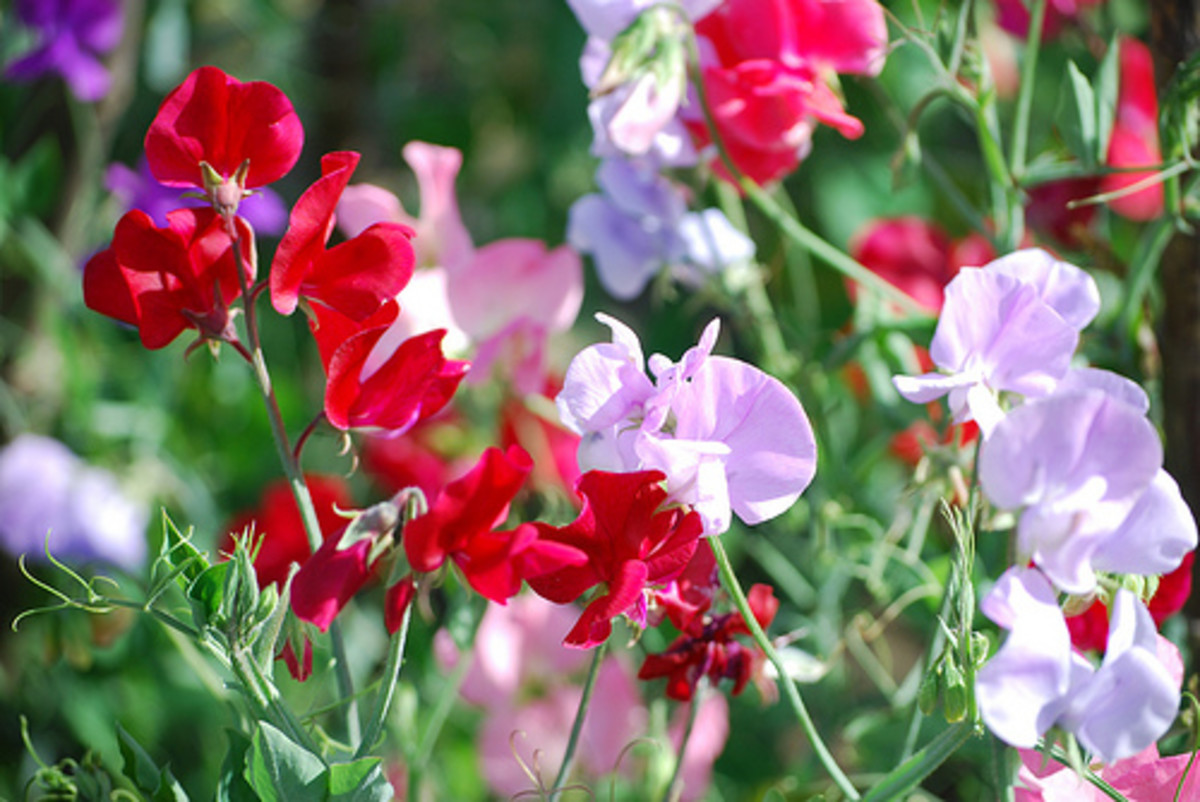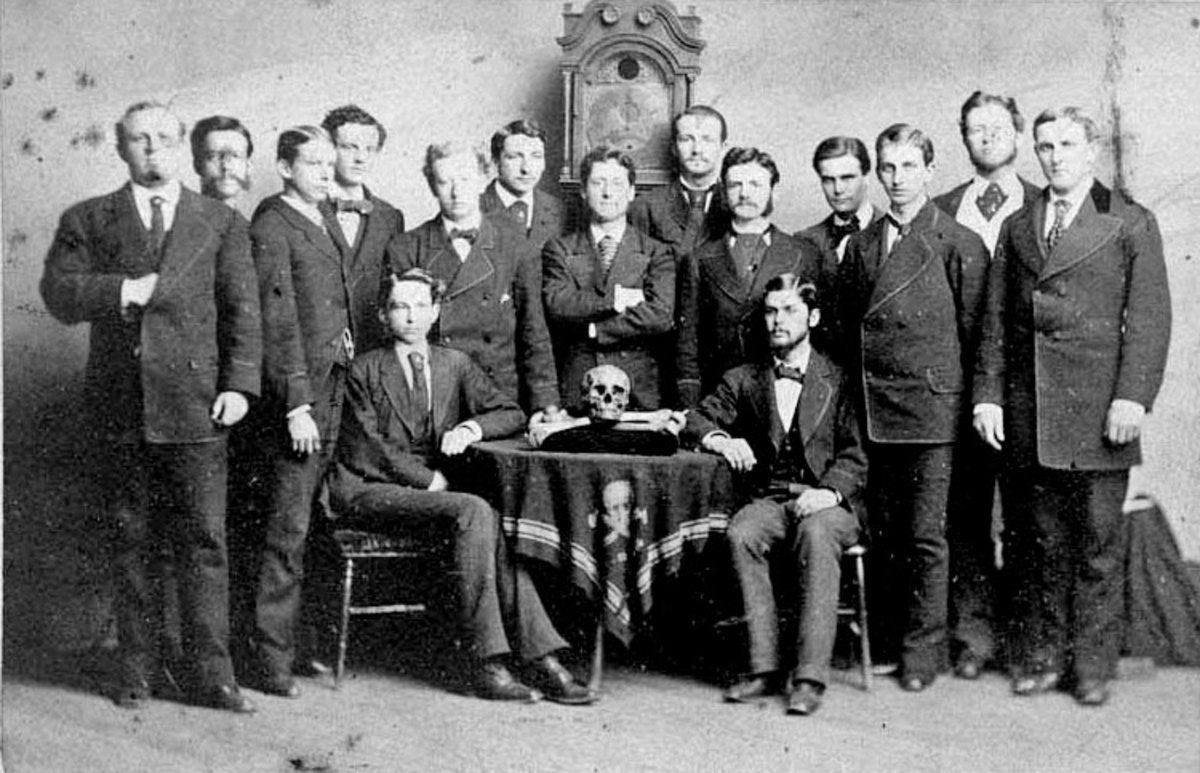Eat Our Peas
Eat your peas!
We all love peas. Without them, peas and carrots would just be yucky carrots. Peas may not appear on the menu at McDonald's, but deep down in our hearts we know that we must eat our peas. Sometimes it's not what we really wanted. We prefer a juicy hamburger with bacon, cheddar cheese, and more bacon. Take solace in the fact that the scientific community is pretty sure that no one has ever clogged their arteries with peas.
Peas certainly aren't a substitute for chocolate or Mango Smoothies. "Eat your peas" has become a catchphrase representing an activity that might be distasteful but is nevertheless necessary. No child ever trudged home from school looking forward to a tall glass of lemonade and a plate of peas.
The little green buggers are virtually impossible to eat anyway. Any chef with a modicum of concern for her audience will serve them in a bowl with a spoon. The notion of chasing peas around a plate with a salad fork makes eating your peas even more distressing.
Expect an imminent resurgence of peas and pea-related web sites. Watch for pea tattoos, pea T-shirts, and prime time realty shows about struggling pea farmers with 19 children who hoard cats and live in New Jersey. The pea revolution has begun. They're not just for eating and sticking up your nose anymore.
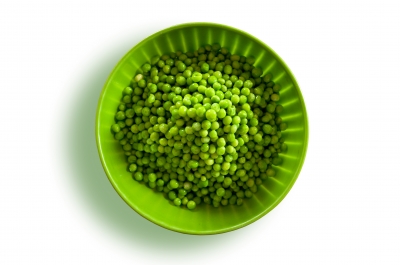
The secret pea society
We all know about shadow organizations seeking to rule the world, such as the Bilderbergers, the Trilateral Commission, and Oprah. Lurking even deeper in the shadows lurks a super secret society dedicated to solving all the world's problems through the strategic application of peas and pea-related technology.
The USA Dry Pea and Lentil Council represents a thinly veiled front for global domination via tiny round vegetables. Sure, our salads would be somewhat less interesting without a few wrinkly green peas sprinkled thereabout, but hidden deep within the walls of their secret headquarters grows a movement intended to displace other well-meaning pea rivals such as olives and candy corn. It's all fun and games until the salad bars are reduced to nothing but lettuce and garbanzo beans, which, as we all know, are peas.
You've been warned. As you browse the salad bar, garnish your meal with a veritable plethora of vegetable variety: there's more to healthy eating than a few peas. Don't fall prey to this pea plot.
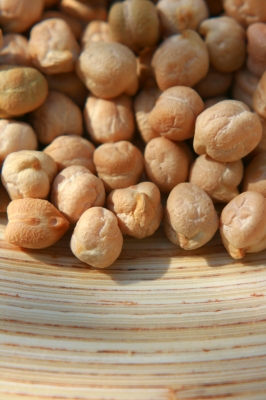
Attend the Pea convention
Next September, the USA Pea and Lentil Trade Association will toss their annual convention in a far-flung location that is probably accessible only to secret agents and uber-rich pea barons. Their web site enumerates a schedule of events guaranteed to keep pea aficionados busy for many minutes:
- USPLTA Board Meeting
- Trade Rules Committee Meeting
- Research Committee Meeting
- Domestic Marketing Committee
Of course, these 'meetings' represent thinly veiled attempts to camouflage world-domination activities. Leveraging and extending pea popularity is obviously the ultimate goal. No salad will be safe if these folks have their way.
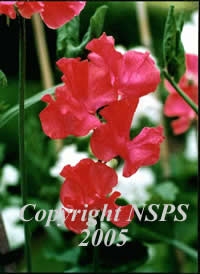
Peas are also flowers
Everything is a pea, evidently. Few discerning eaters put flowers on salads, but the National Sweet Pea Society probably wouldn't object to a few colorful examples perched lightly in a subtle but striking glass receptacle on the table in the foyer. This cabal of erstwhile gardeners endorses the cultivation of Lathyrus odoratus for aesthetic purposes: you ain't supposed to eat them.
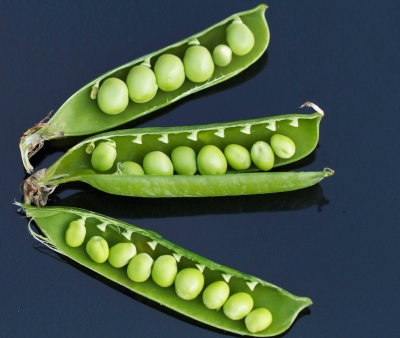
Pea Research
As we all know, pea and bean farming takes place in the United States. Should you need to know more, consider accessing a copy of Pea and Bean Farming in the US as published by Bharat Book Bureau in Mumbai, India. This informative tome includes crucial information accounting the plight of the American Pea farmer from social, economic, and psychological perspectives.
The publication continues for 31 pages and can be yours for $910.
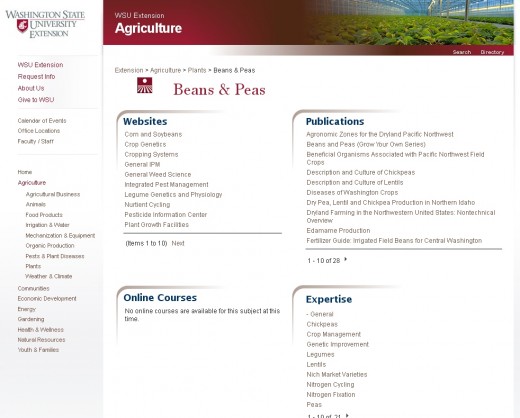
Major in Peas?
Everyone wants to go to college, but no one wants to buy the textbooks. Washington State University combines the wonders of peas with the tedium of higher education to produce a veritable plethora of legume-related coursework. Agricultural studies are a great way to spend four years of post-high school education. Someone has to plant them, water them, harvest them, and put them into little cans. The Green Giant can't do it all by himself.
Conclusion
In conclusion, we conclude that peas happen. They're green, except when they're not. Some peas express themselves in the form of flowers. Some peas inspire conventions and research volumes. In a pinch, pea analogies may be deployed by holders of high political office. These wonderful examples of God's handiwork truly make the world go 'round.
